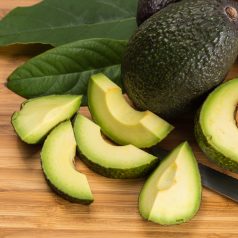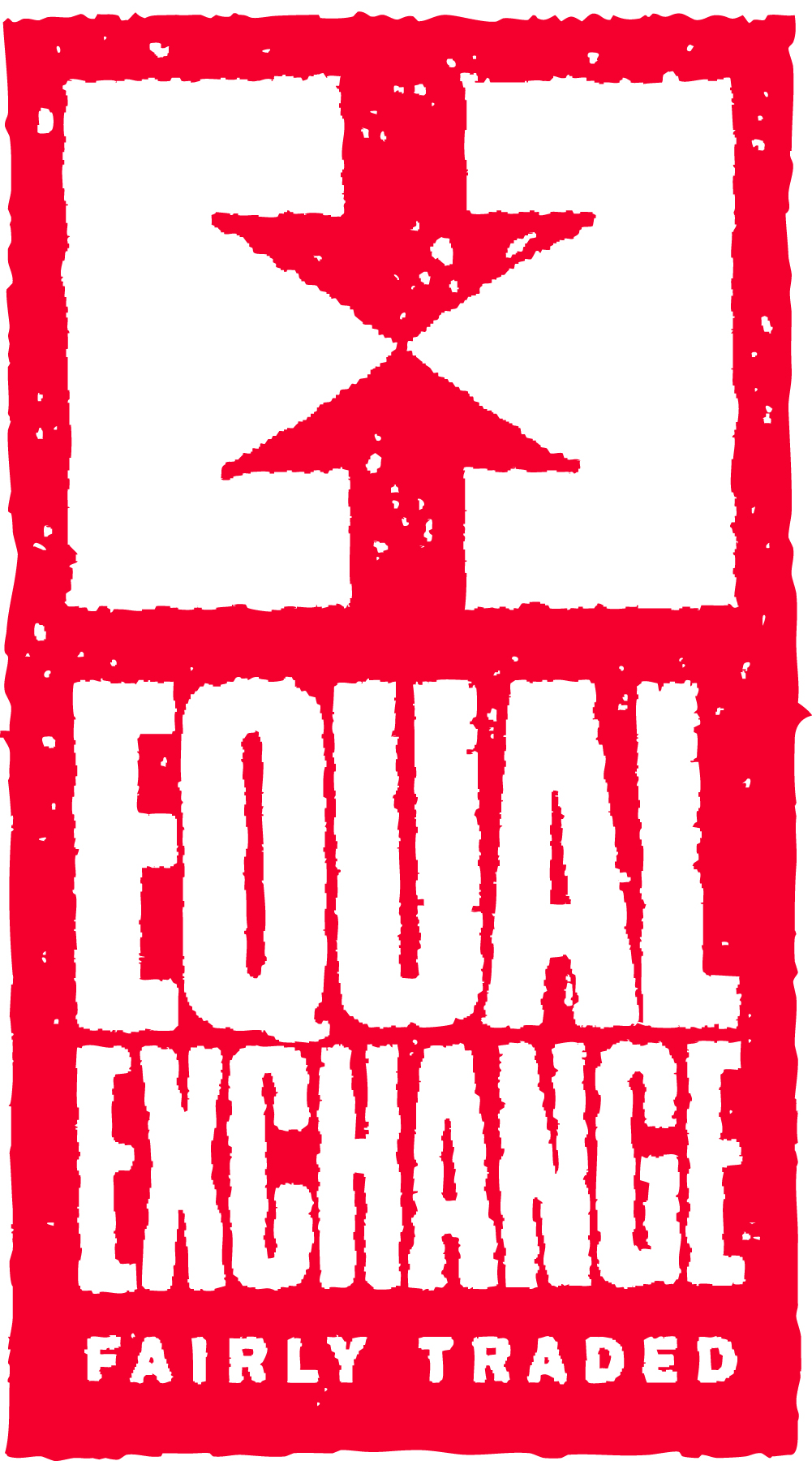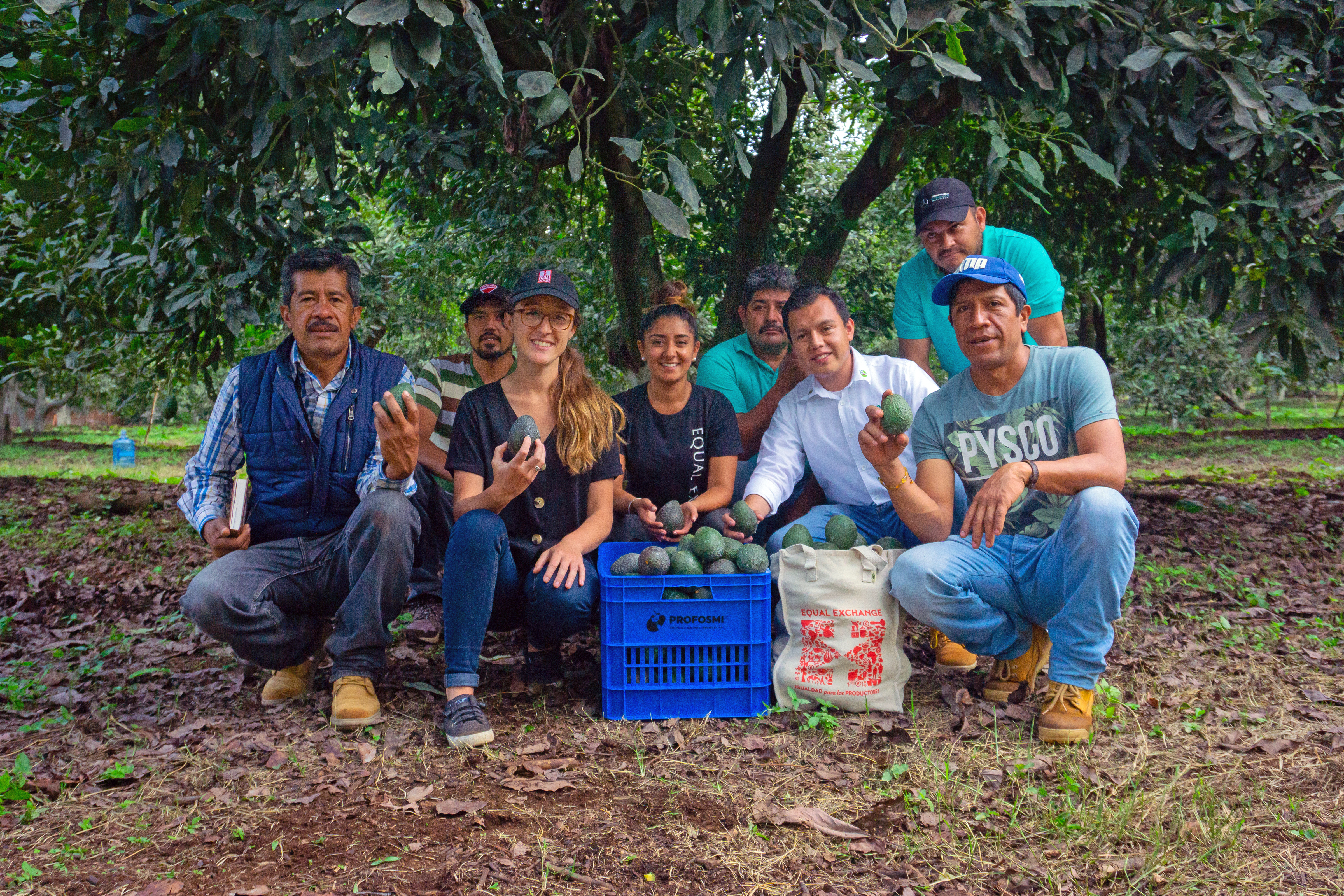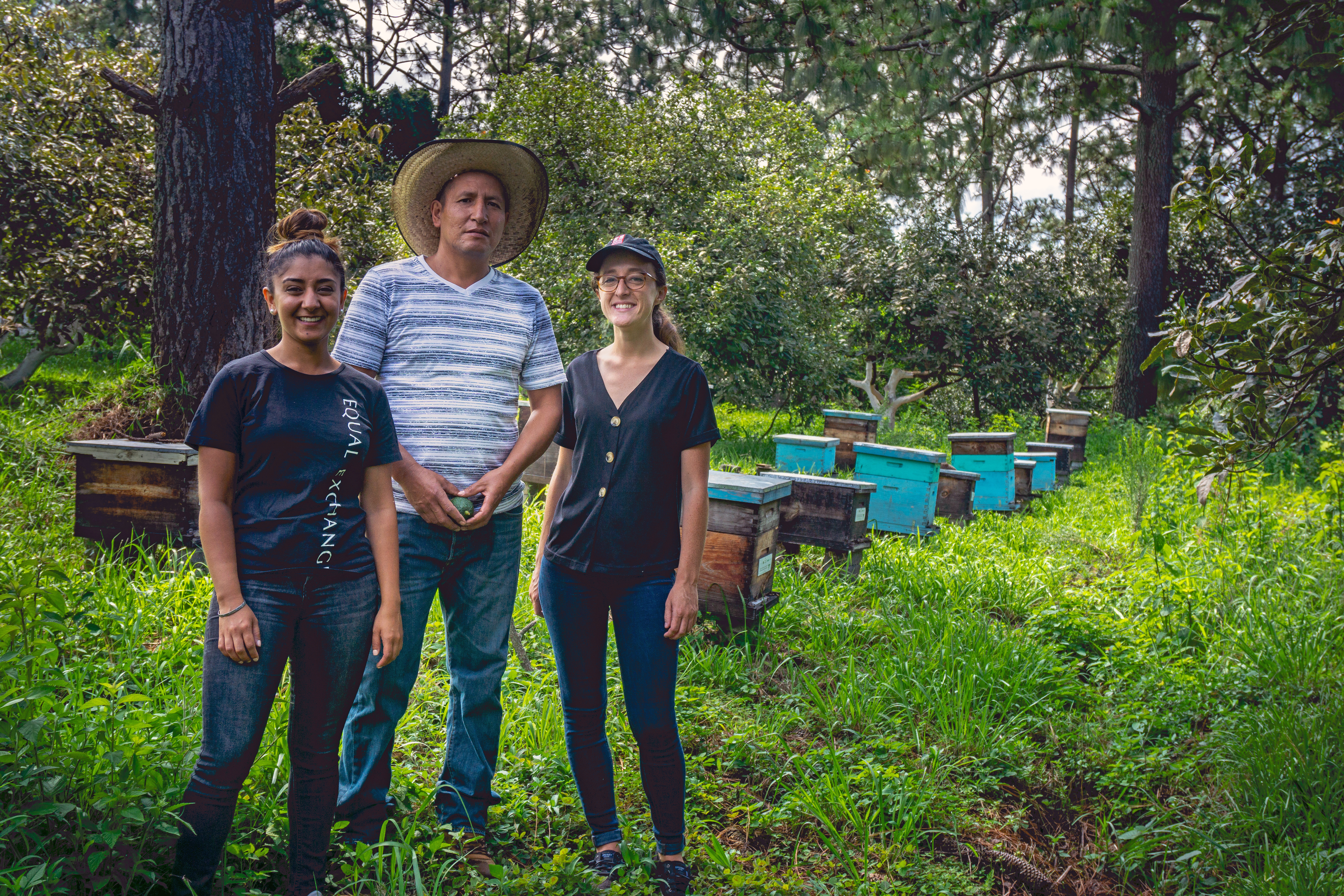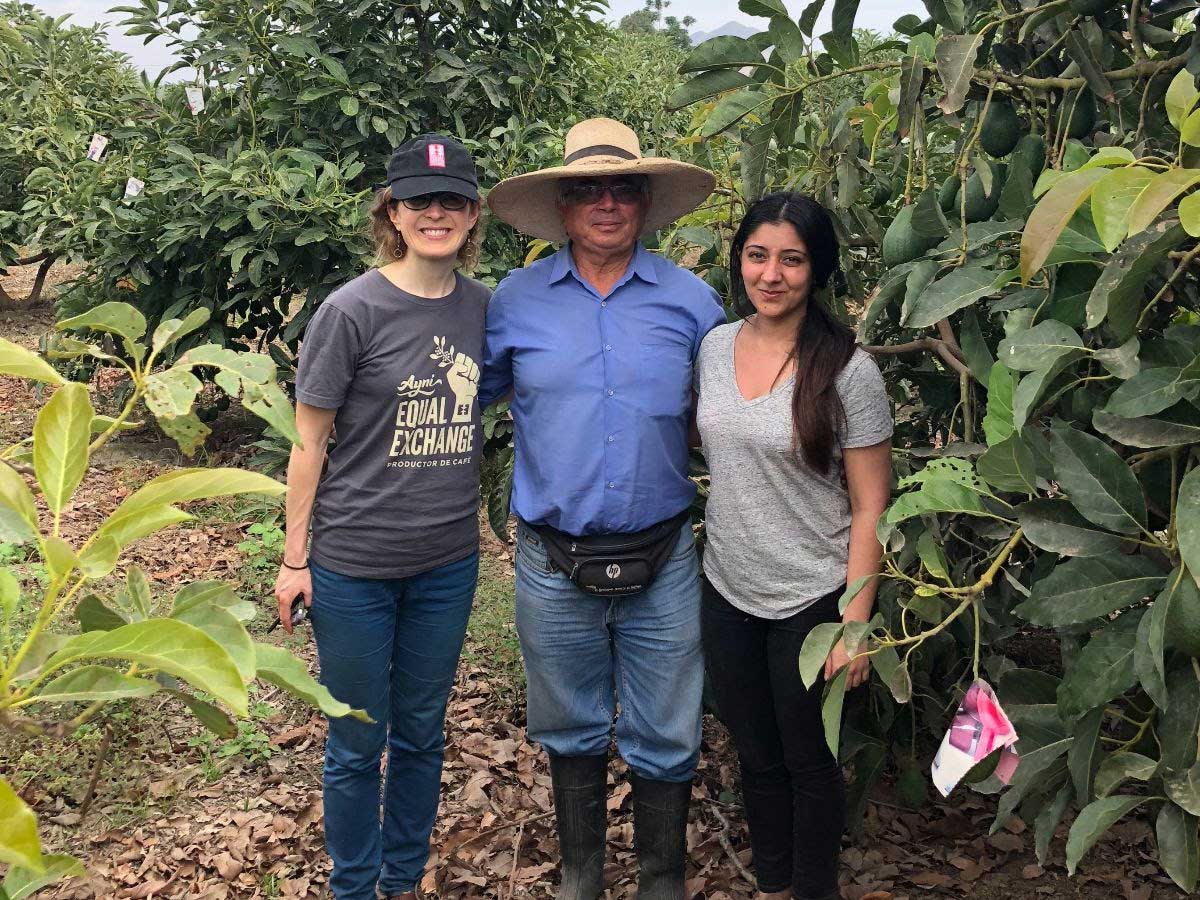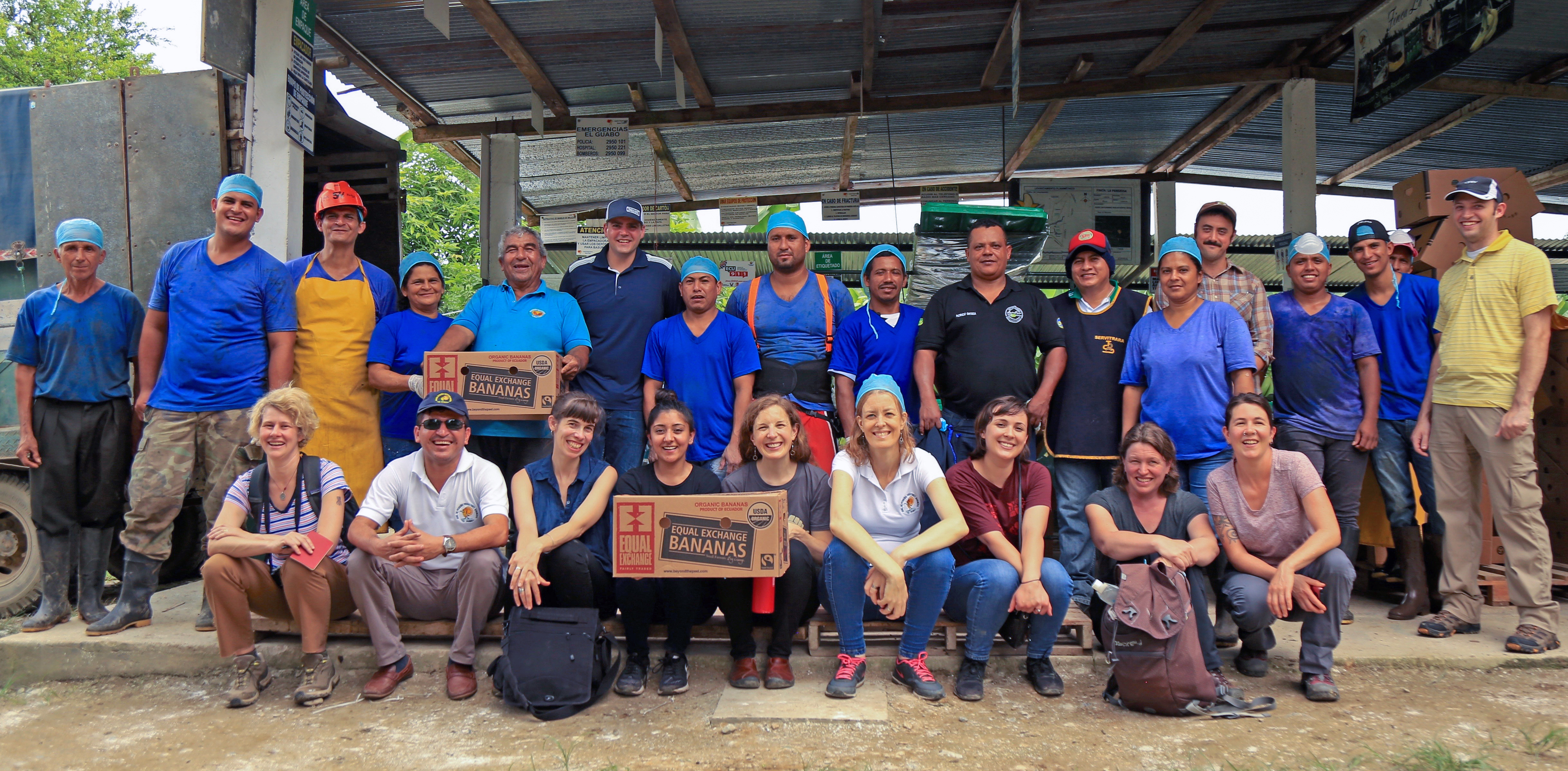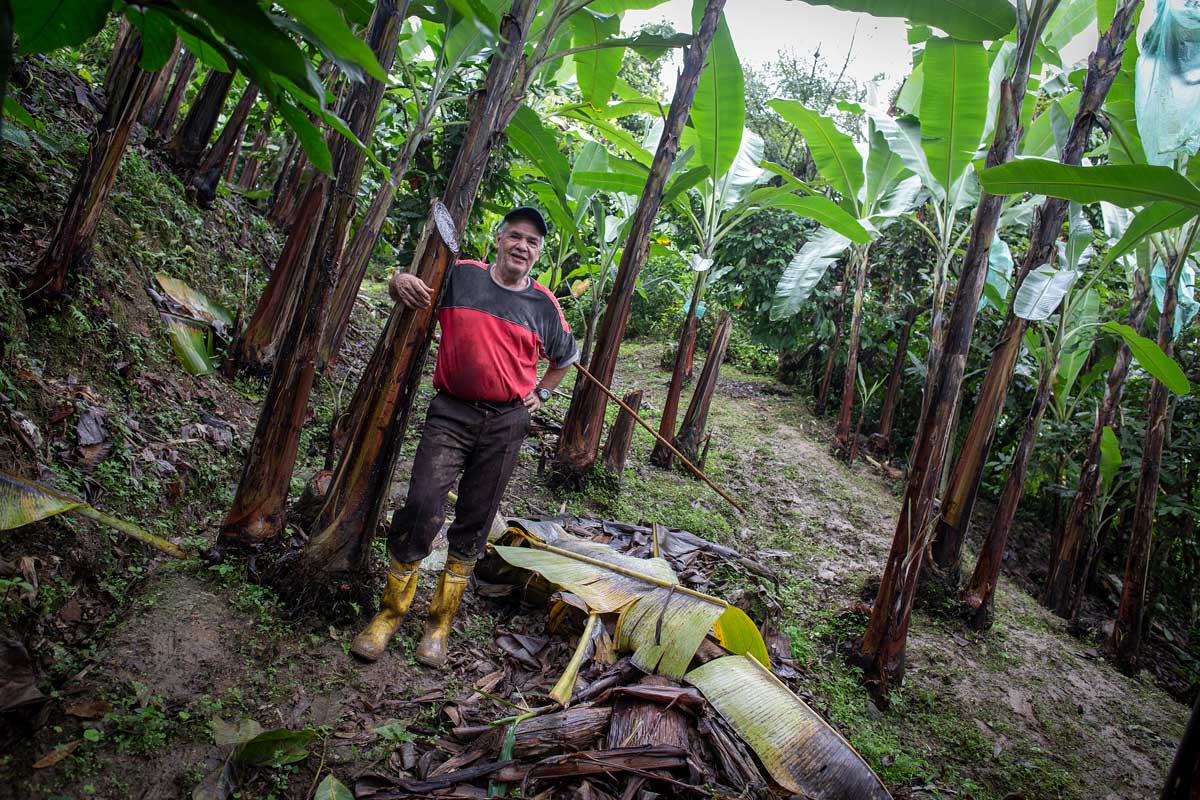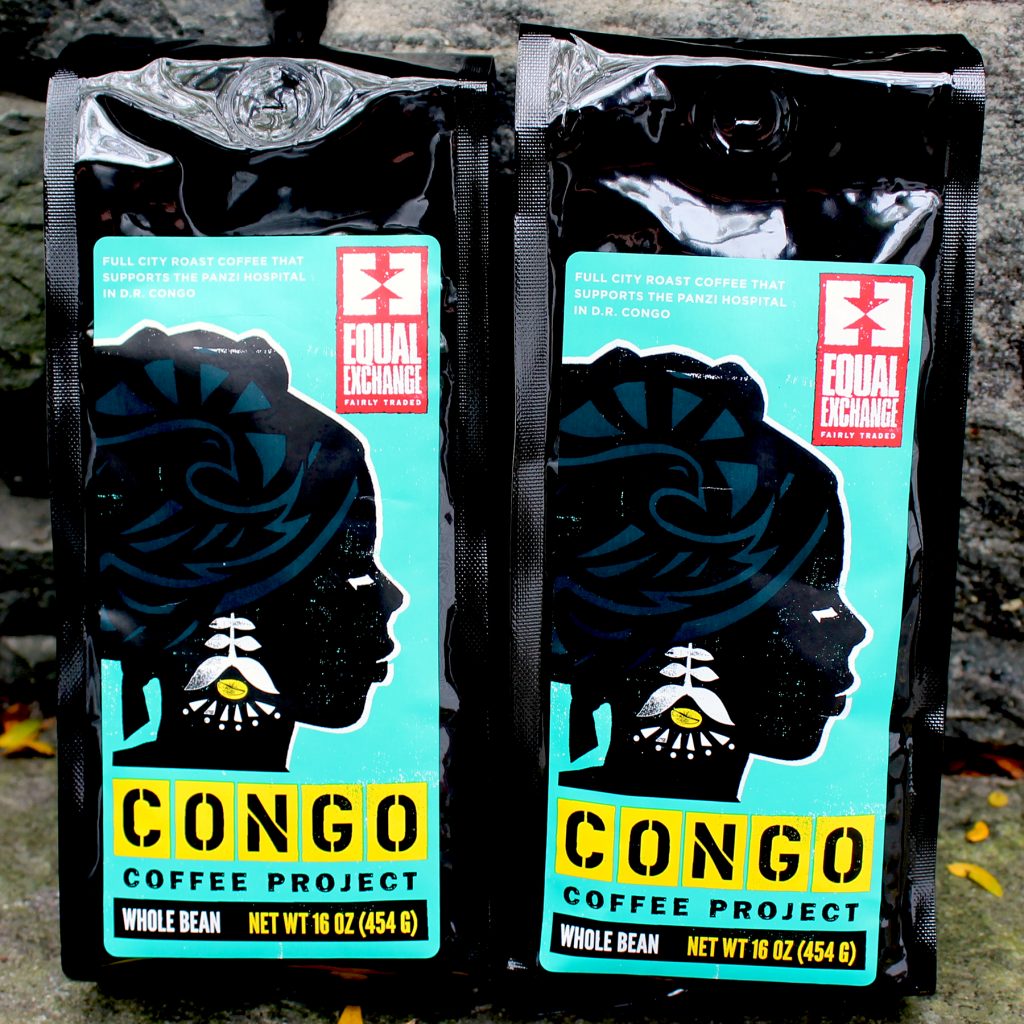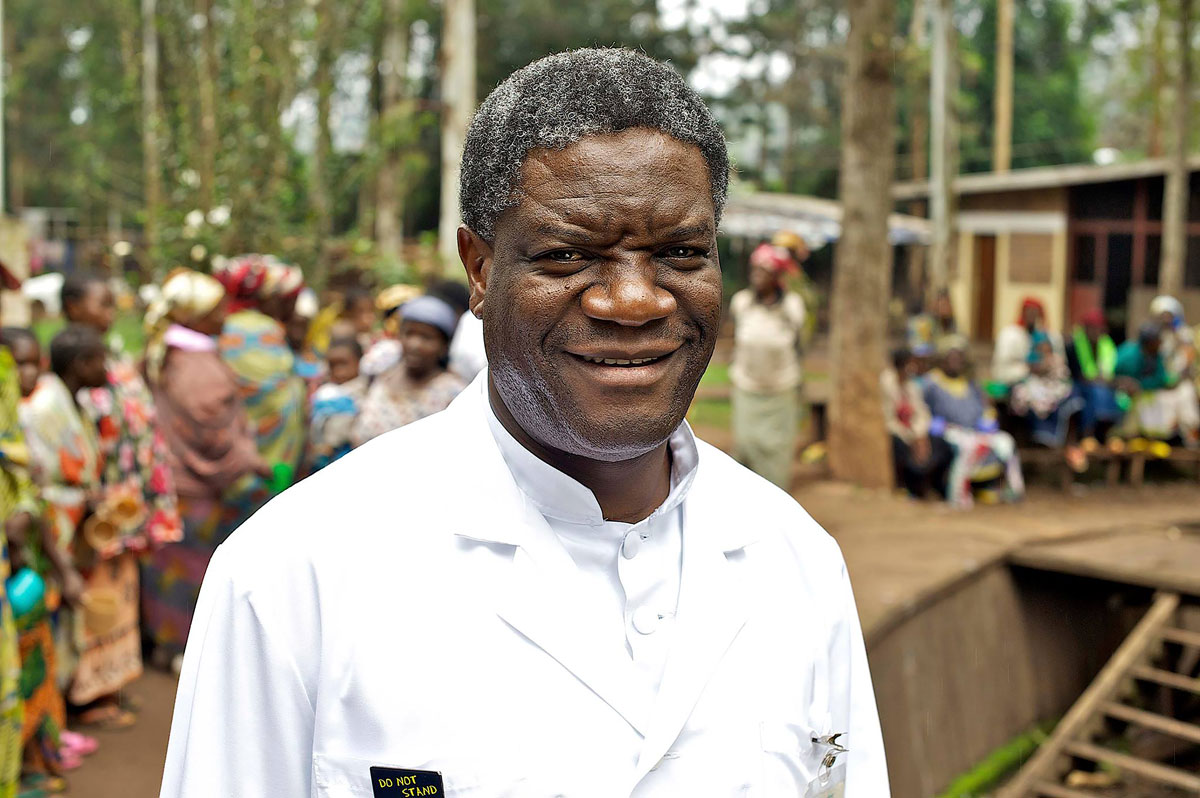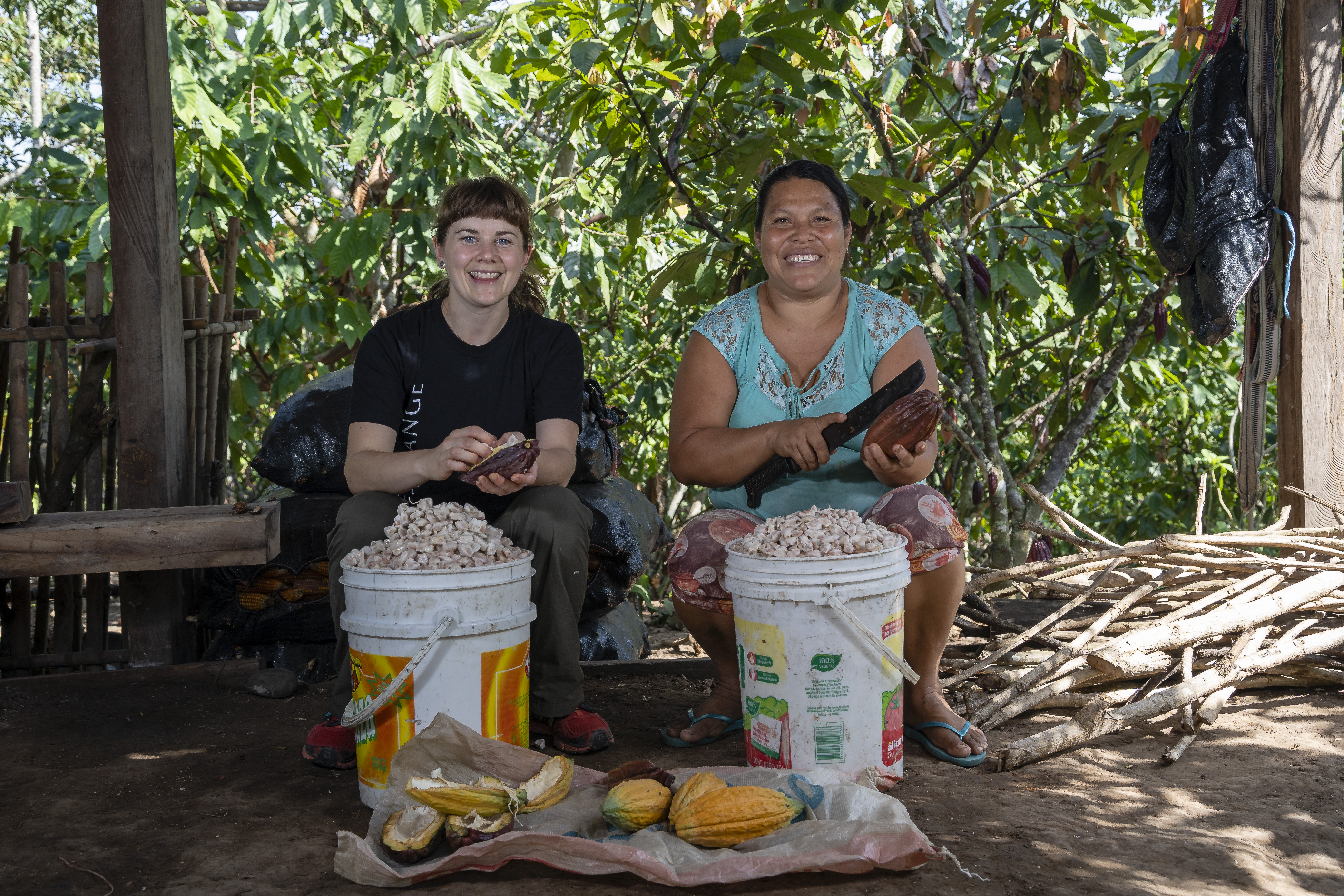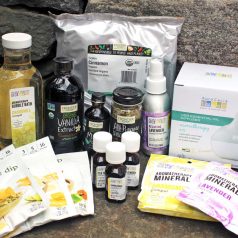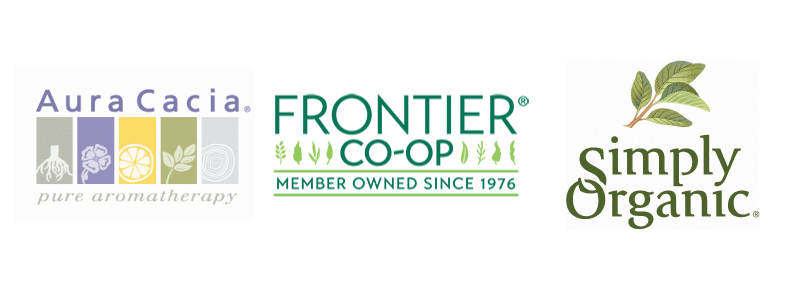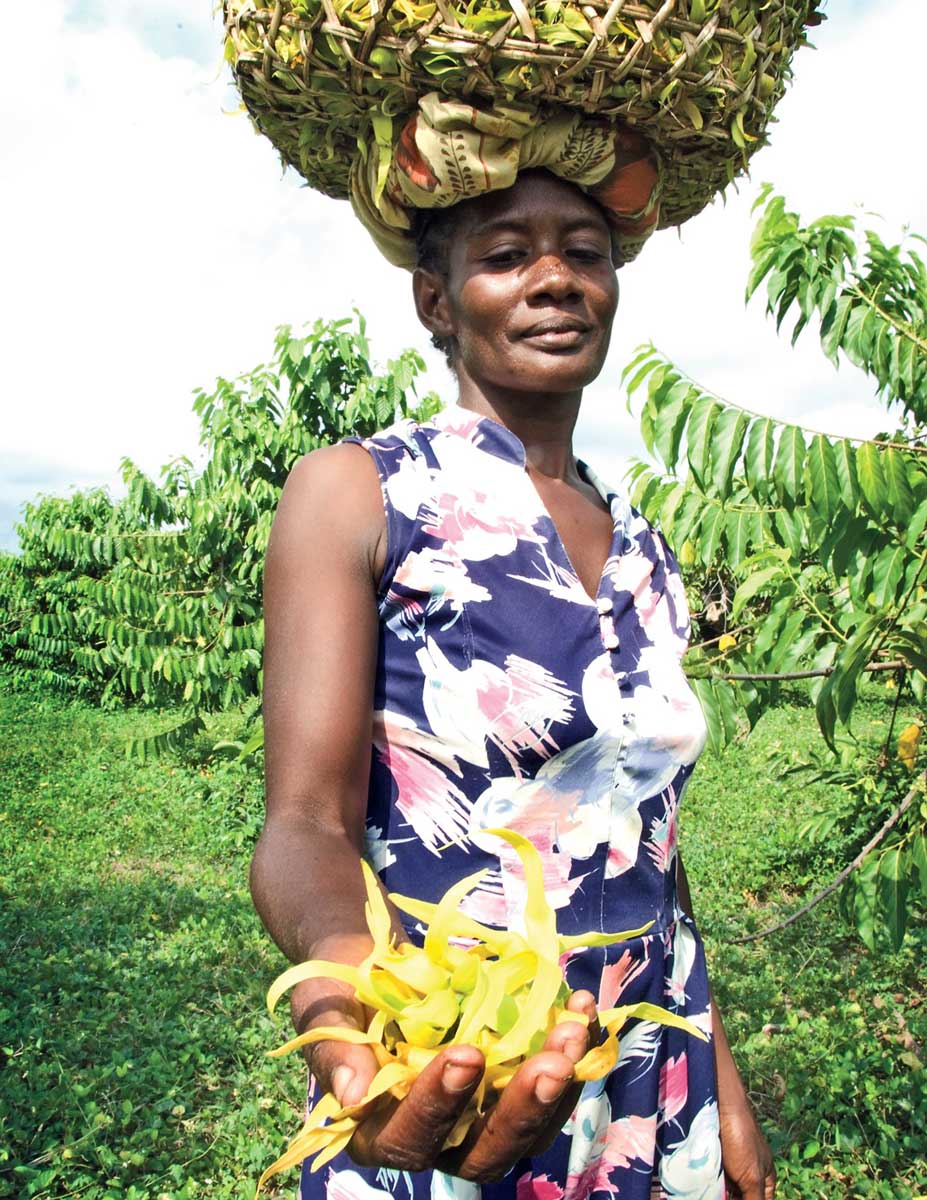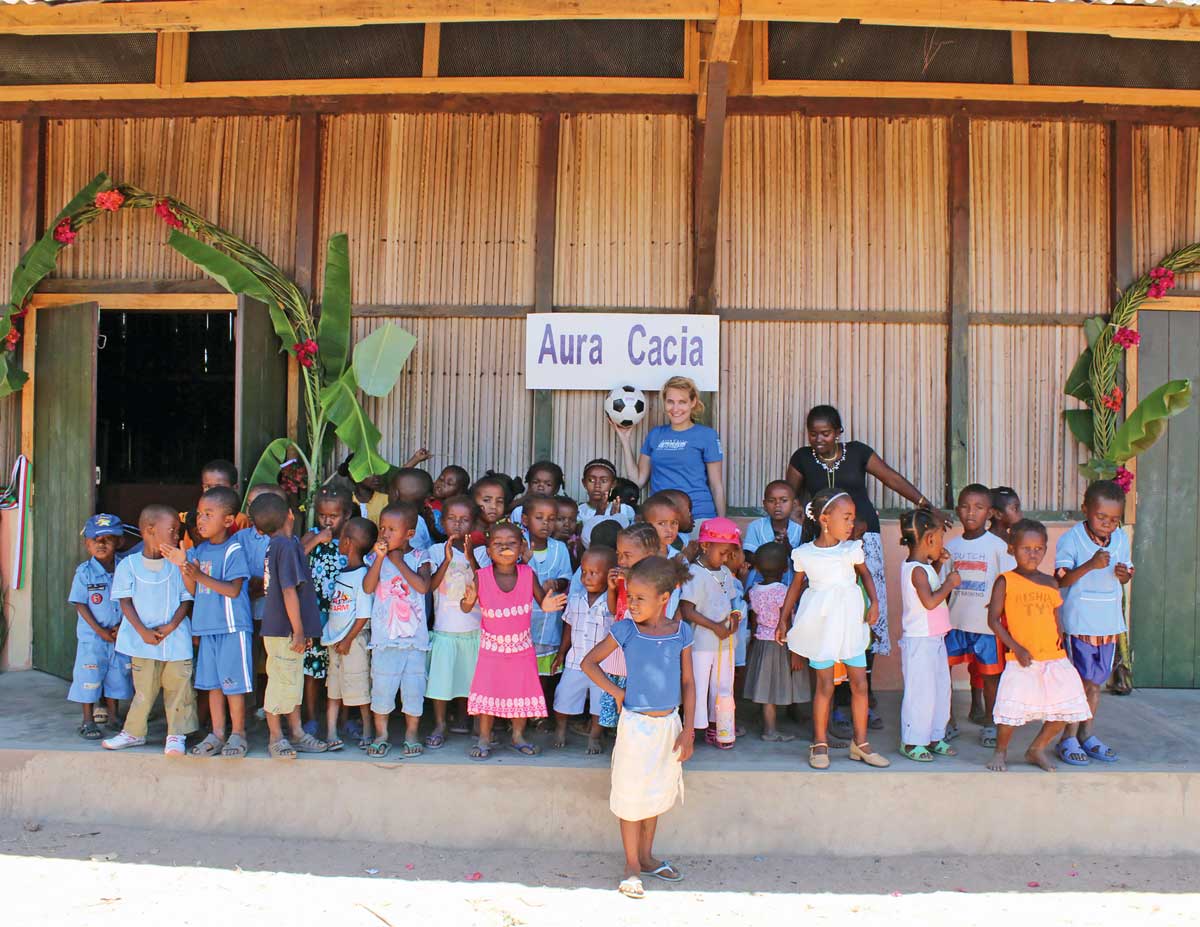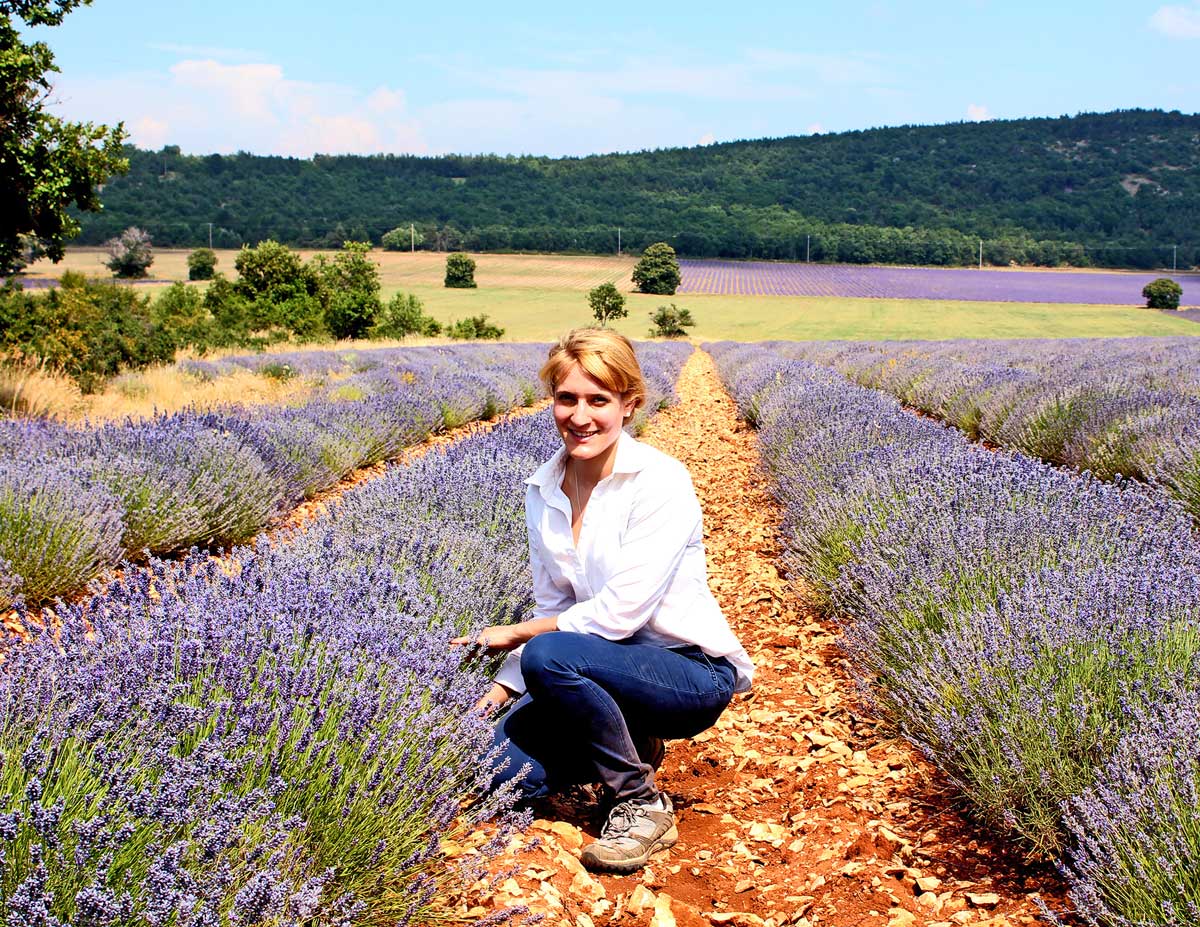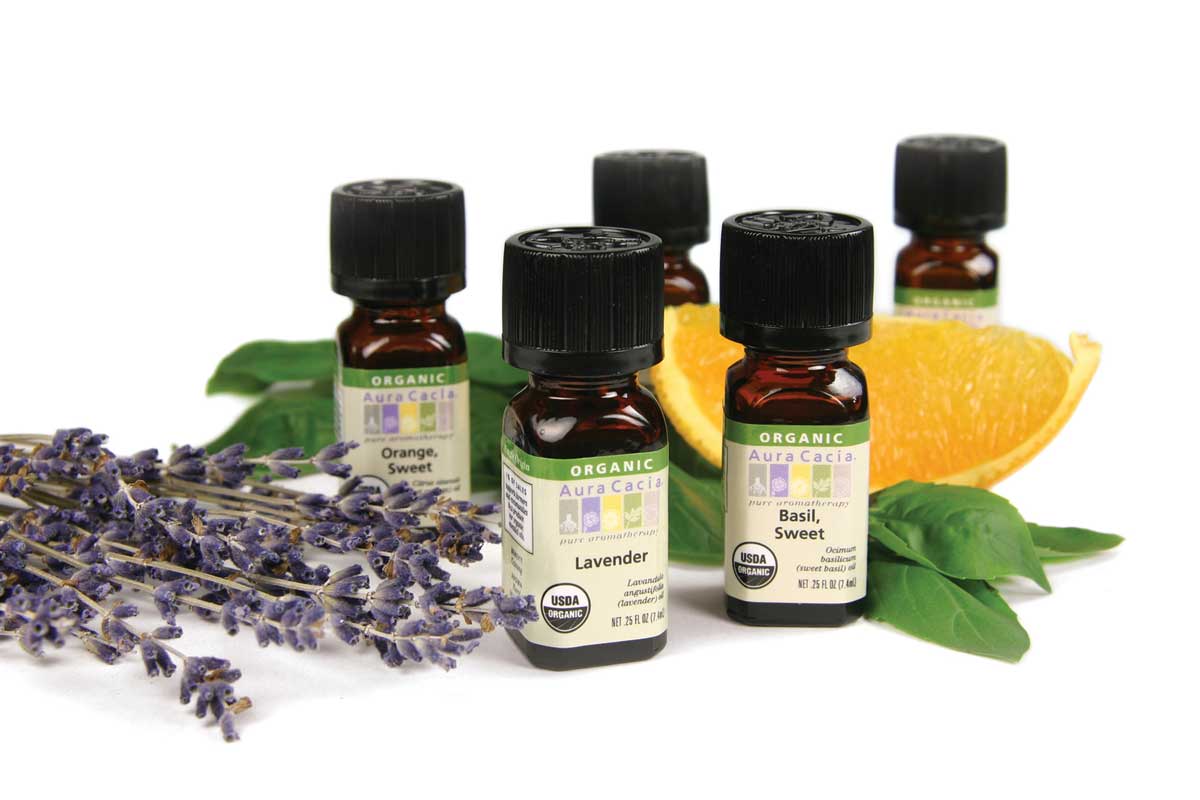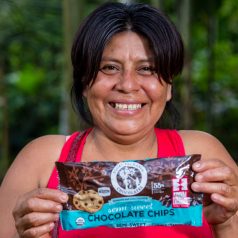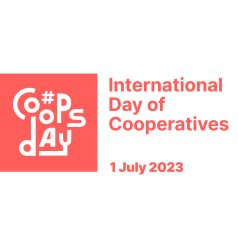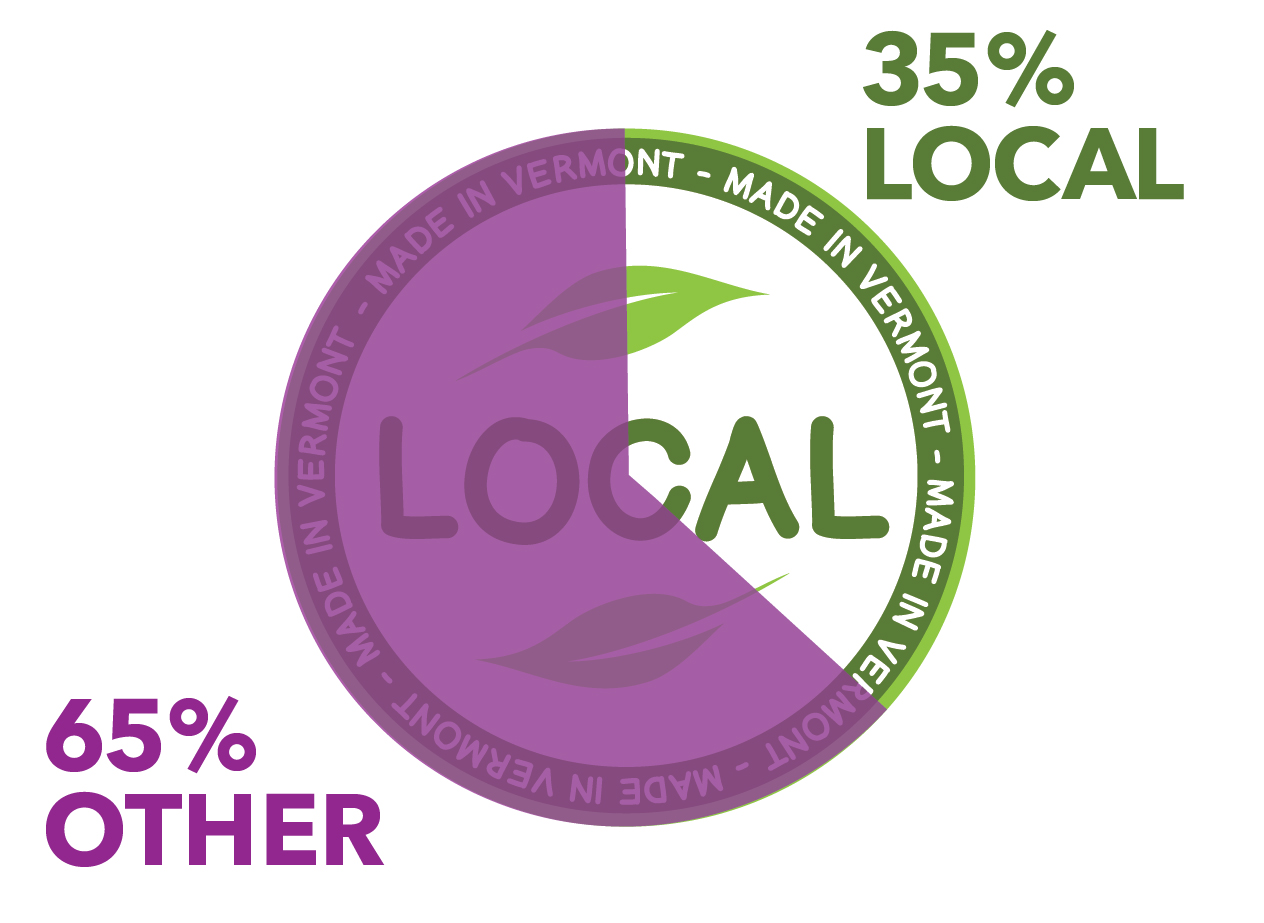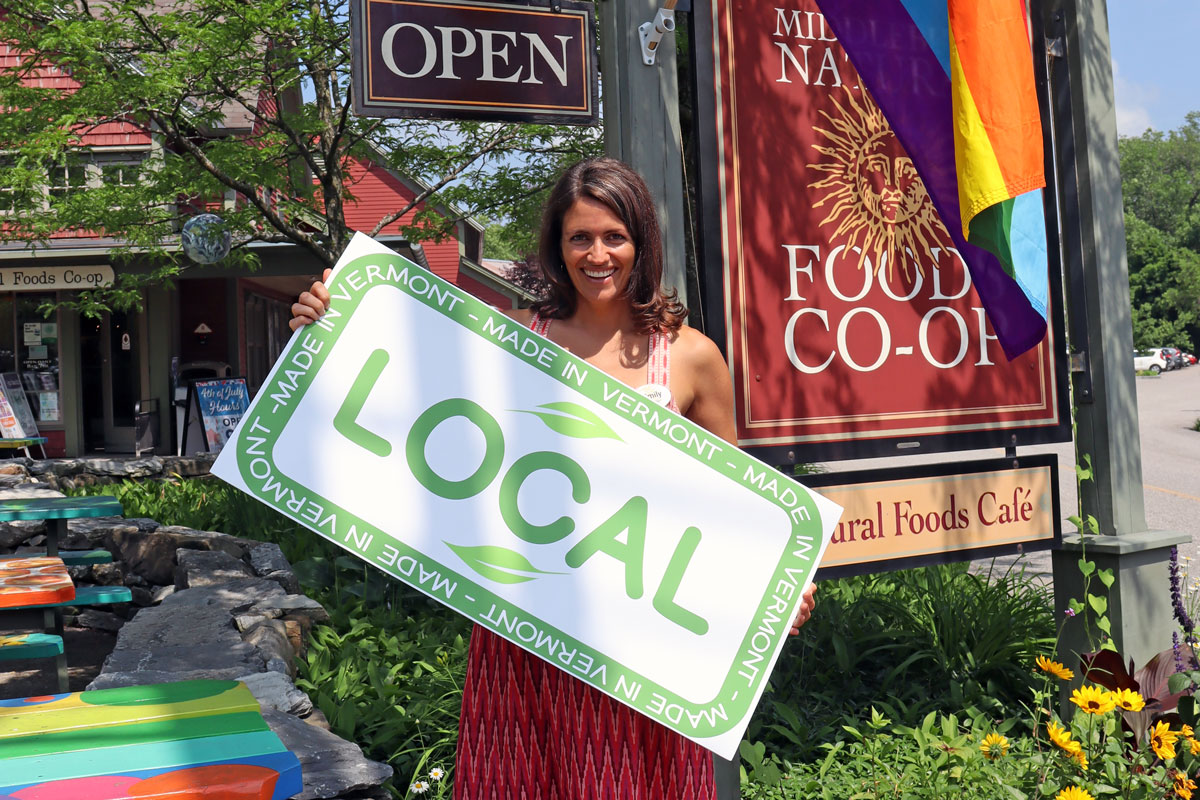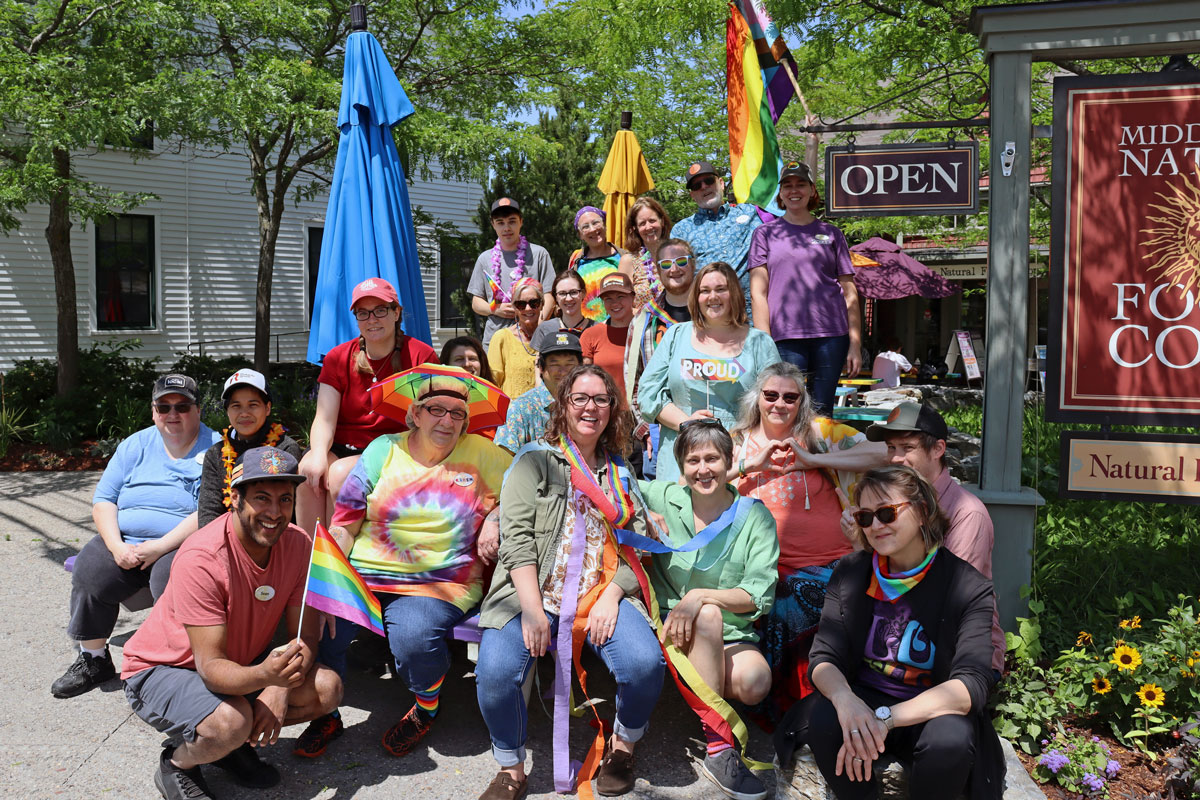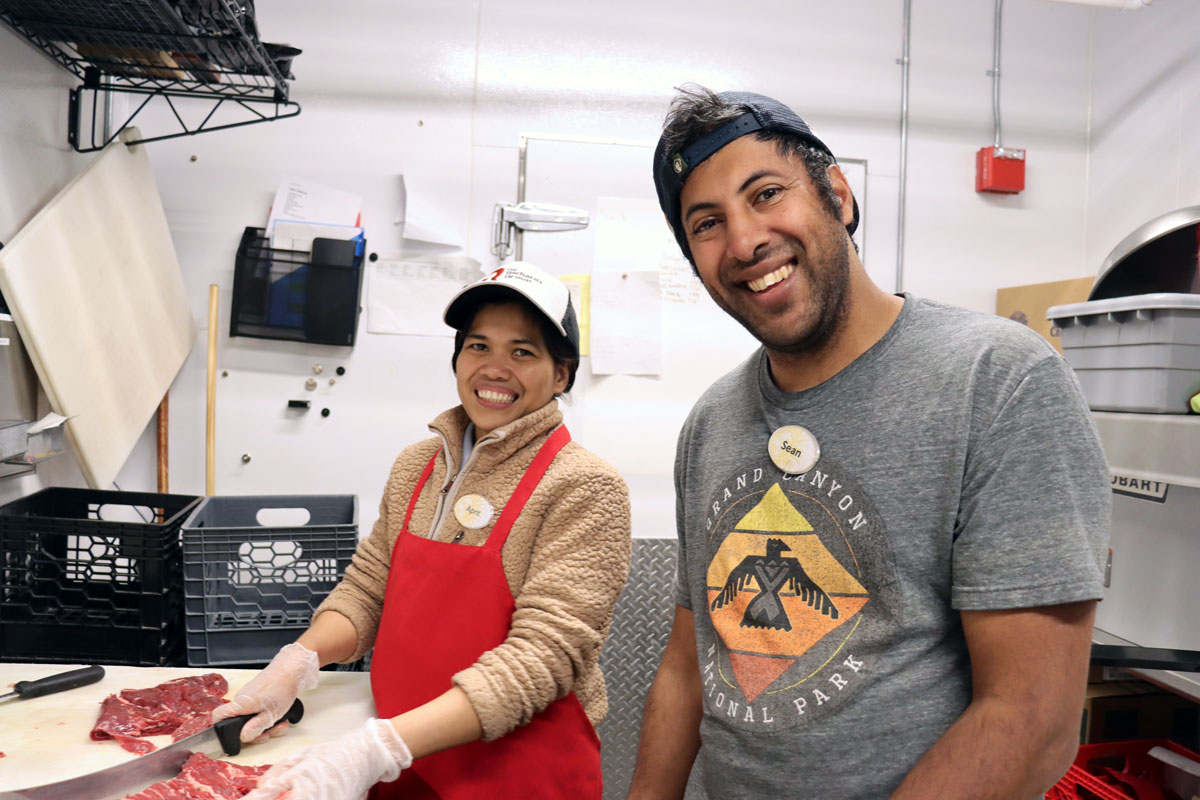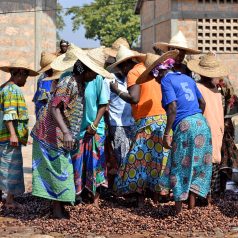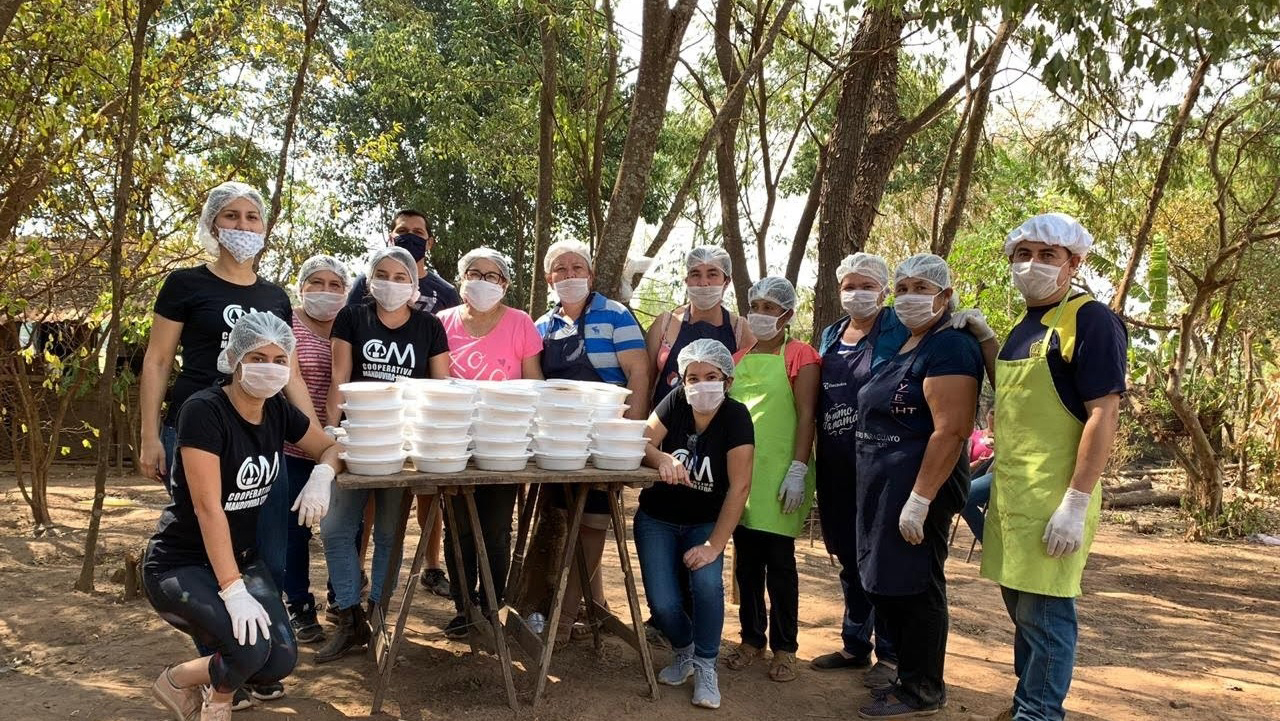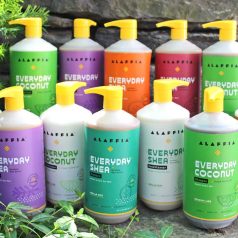
Spotlight on Alaffia

Alaffia was founded in 2004 with Fair Trade as the fundamental foundation of their organization, which is comprised of the Alaffia Village in Sokodé, Togo; the Alaffia Coconut Cooperative in Klouvi-Donnou, Togo; and the Alaffia headquarters in Olympia, Washington. Their cooperatives handcraft indigenous raw ingredients, and the Alaffia team in Olympia creates the finished products. Proceeds from the sales of these products are then returned to communities in Togo, West Africa through Alaffia’s nonprofit arm, the Alaffia Foundation, helping to alleviate poverty and advance gender equity through the Fair Trade of Indigenous resources and community empowerment projects. With every purchase, you directly support Alaffia’s social empowerment projects.
What impact have your Alaffia purchases had in these communities thus far?
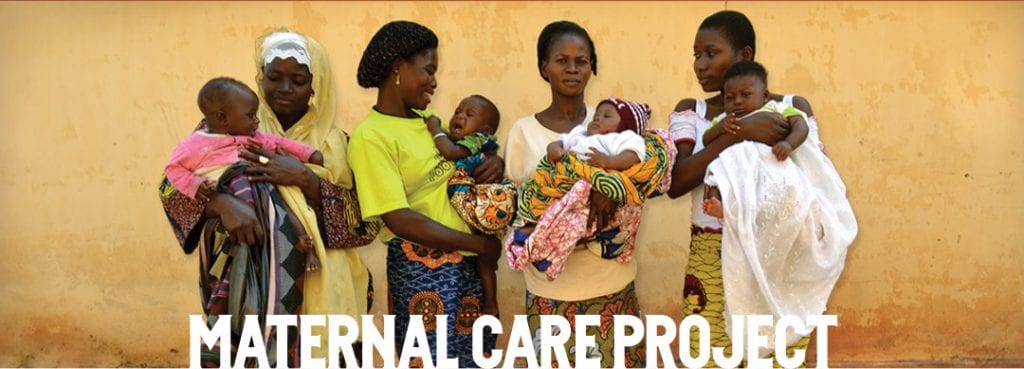
Each year in sub-Saharan West Africa, 160,000 women die due to complications during pregnancy and childbirth. Over her lifetime, a woman in sub-Saharan Africa has a 1 in 16 chance of dying in pregnancy or childbirth, compared to 1 in 4,000 in developed countries (UNICEF, 2015). There are several reasons for the high maternal mortality rates in sub-Saharan Africa, including extreme poverty and inadequate infrastructure. It is possible to save lives with basic health care and gender equality.
Alaffia’s Maternal Health Project has two parts; The first is a direct approach by which Alaffia provides funding for full pre-and postnatal care, including special and urgent needs, to women in rural Togo. Alaffia product sales have paid for the births of 5,597 babies in rural Togolese communities through the Togo Health Clinic system!
The Alaffia Women’s Clinic Project is the second part of their women’s health efforts. In 2007, they formed partnerships with local Togo clinics to provide information and training on all women’s health issues, including nutrition, preventing female genital mutilation, and much more. They believe that saving mothers is a necessary step in reducing poverty. When a mother dies, her surviving children’s nutrition & health suffer, and they are more likely to drop out of school, reducing their ability to rise out of poverty.
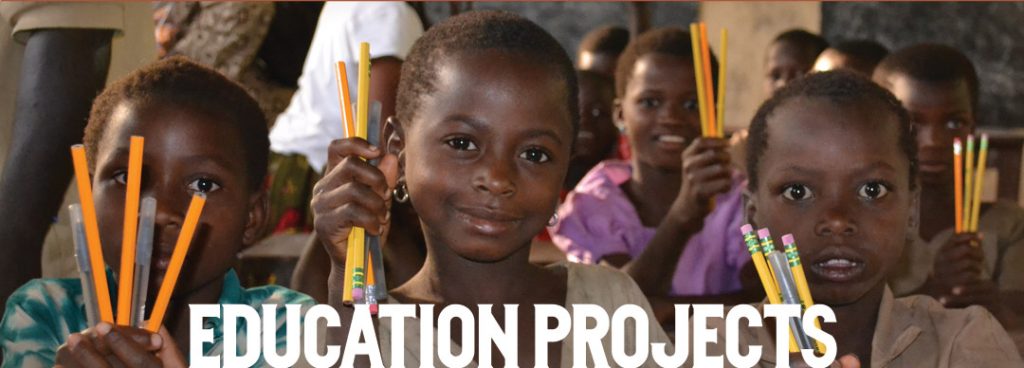
The future of African communities depends on the education and empowerment of young people. Since Alaffia founded their shea butter cooperative in 2003, they’ve provided school uniforms, books, and writing supplies to children in Togolese communities to offset the financial burden these items have on families. They also donate desks and install new roofs on schools to make learning a more enjoyable experience. Since 2011, Alaffia product sales have funded the construction of 16 schools throughout Togo and provided school supplies to 37,521 recipients.
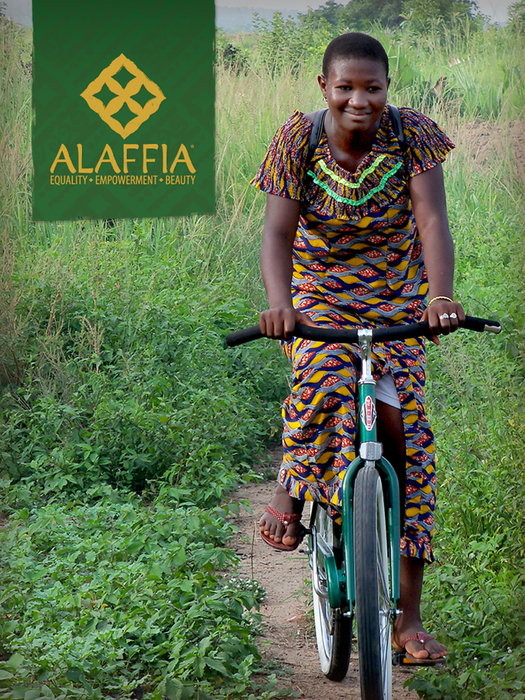
In rural areas of Togo, students walk up to 10 miles a day to attend school. There are no buses, and families cannot afford private transportation. As a result, school becomes very time-consuming, and most students decide to quit school in order to fulfill their family obligations. In rural areas, less than 10% of high school-aged girls and only 16% of boys attend school (UNICEF). In 2004, Alaffia began collecting and sending used bicycles to Togolese students to encourage them to stay in and complete school through their Bicycles for Education Project. Now, with over 10,817 bicycles sent and distributed, they are seeing a real impact on exam scores and retention in rural schools. 95% of Bicycles For Education recipients graduate secondary school.
Alaffia collects used bicycles in and around their communities in Washington and Oregon, with the help of their retailers, volunteers, and staff. All costs of this project – from collecting, repairing, and shipping bicycles, to customs duties, distribution costs, ongoing maintenance, and follow-up – are paid for through the sales of Alaffia products. This project brings communities in the US and Togo together. Bicycles that would otherwise be destined for the landfill are encouraging students in Togo to stay in school so they can lead their communities out of poverty. To find out how you can be involved, visit their web page or email foundation@alaffia.com
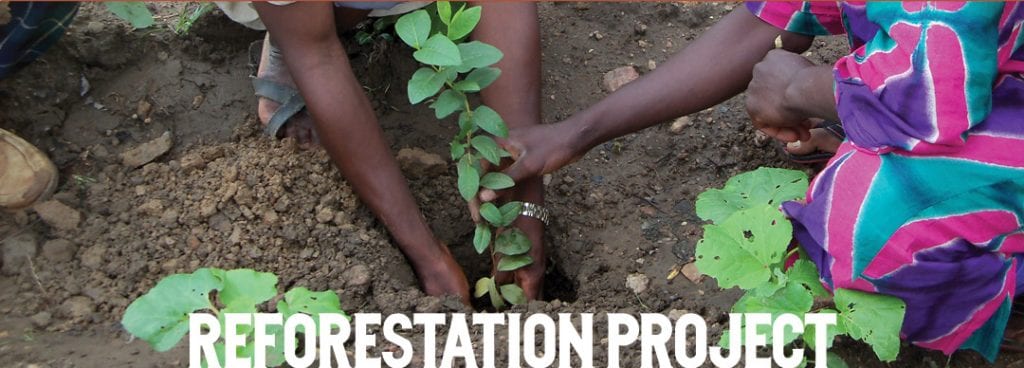
Deforestation and climate change have had a devastating impact on West African farming communities. Alaffia product sales fund the planting of trees by Togolese farmers to help mitigate soil erosion and improve food security for their families. 99,964 trees have been planted through this project! Allafia also conducts trainings to discourage the cutting of shea trees for firewood and charcoal to preserve this important indigenous resource for future generations. Additionally, they are investigating sustainable fuel alternatives, such as bio-gas and bio-oils, to reduce the demand for wood and charcoal.
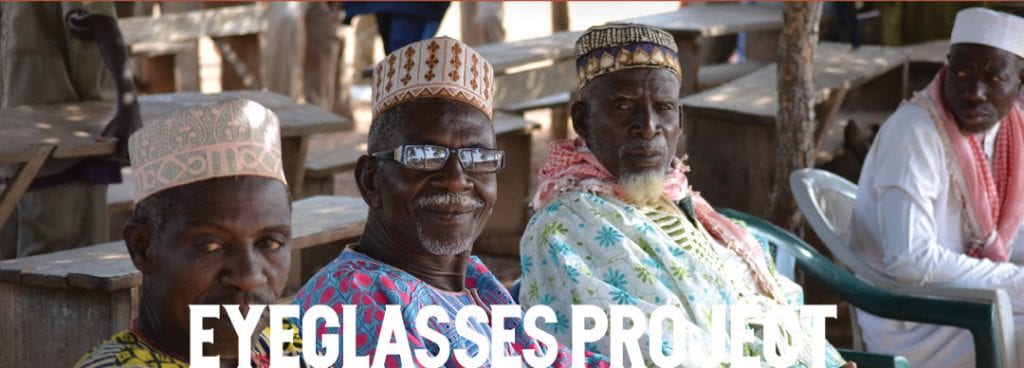
In Togo, it is extremely difficult for visually impaired people to obtain eyeglasses. An eye exam costs as much as one month’s wage and a pair of eyeglasses can cost up to four months of wages. Alaffia collects used eyeglasses at retail locations throughout the US and employs an optometrist in Togo to correctly fit and distribute the glasses. A pair of eyeglasses is life-changing for a child struggling in school, the elderly with failing vision, and adults who have never been able to see clearly. To date, Alaffia has collected over 30,852 pairs of glasses.
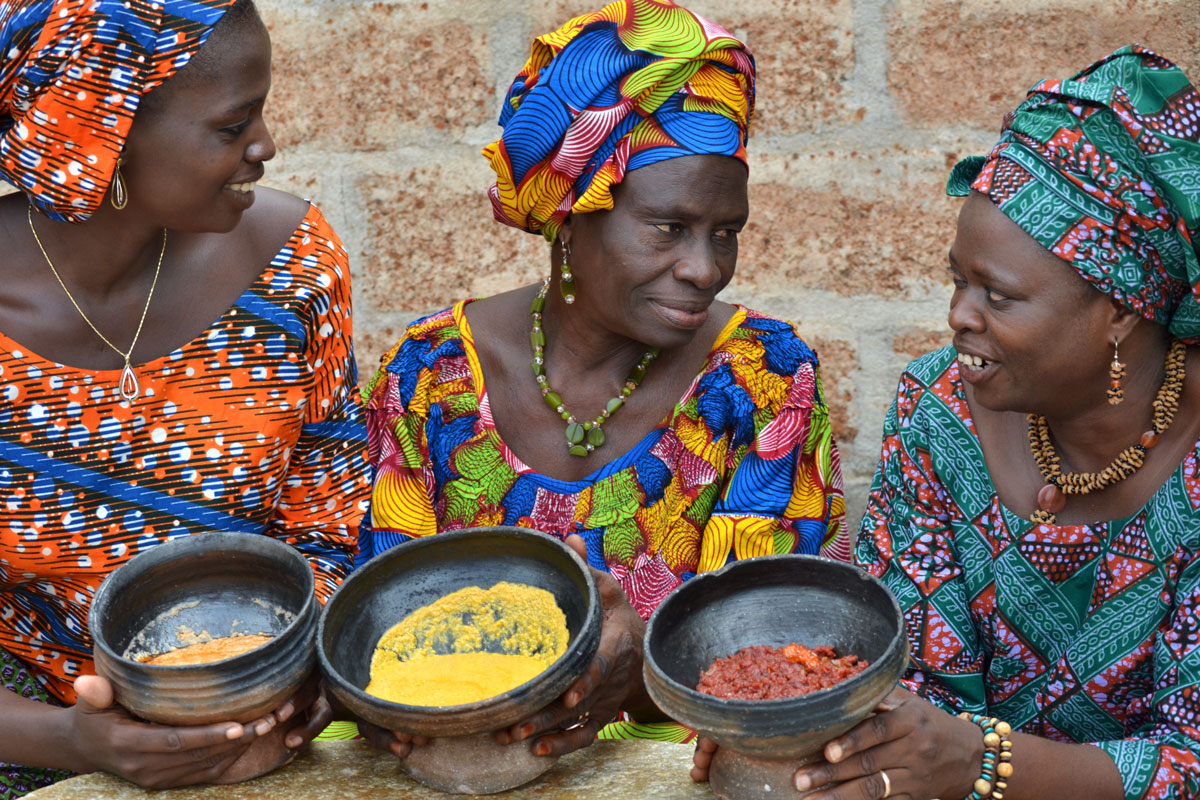
Social Enterprise Model
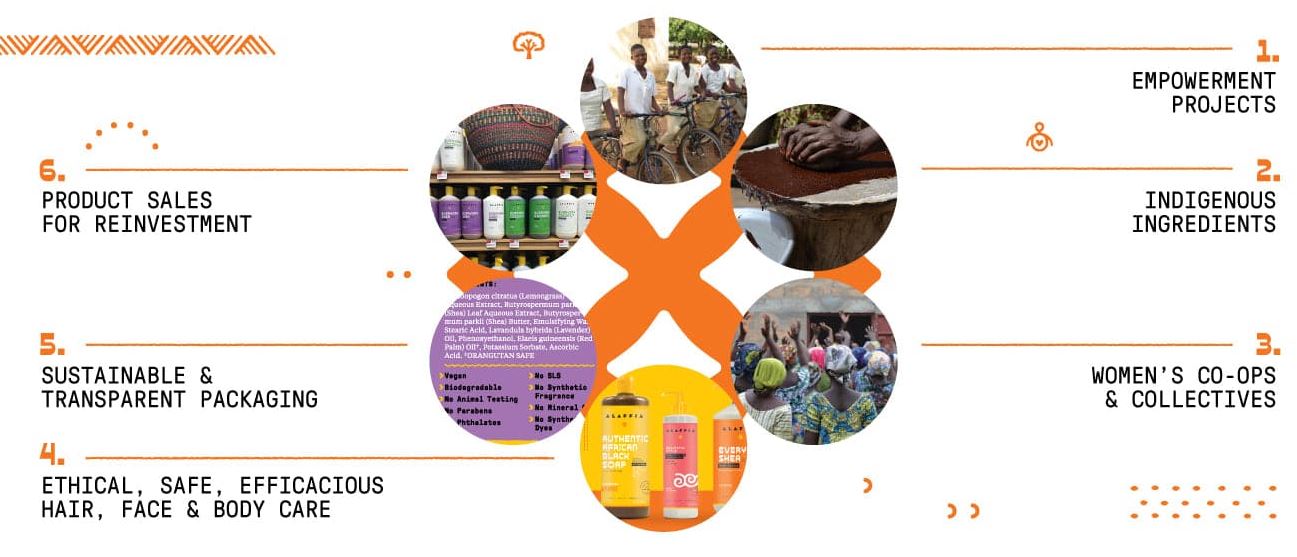
Alaffia’s Social Enterprise Model is a comprehensive approach to providing safe, efficacious hair, face, and body care while alleviating poverty in West Africa through the preservation of traditional skills and knowledge in the global market. The following principles guide Alaffia’s Social Enterprise Model:
- EMPOWERMENT PROJECTS
Targeted areas of development (Maternal Care, Education, Environmental Sustainability, Eyeglasses) as mentioned above that safeguard basic needs for sustainable communities.
- INDIGENOUS INGREDIENTS
Local resources and traditional handcrafting knowledge celebrate cultural diversity in the global market and ensure Alaffia’s safe, nutrient-rich, and efficacious products.
- WOMEN’S CO-OP’S & COLLECTIVES
Alaffia’s women’s cooperatives and collectives promote gender equality through fair wages and by celebrating the traditional skills and knowledge of West African women.
- ETHICAL, SAFE, EFFICACIOUS PRODUCTS
Alaffia’s products are safe and effective alternatives for your health and wellness. They are both ethnobotanist and pharmacognosist informed. Third-party verification also ensures that Alafffia’s products are held to the highest industry standards.
- SUSTAINABLE & TRANSPARENT PACKAGING
Clear communication and third-party certification showcase Alaffia’s high product standards. They are proudly certified For Life (by ECOCERT), and are Good Manufacturing Practices/GMP certified.
- PRODUCT SALE FOR REINVESTMENT
Alaffia’s primary goal is to reinvest a portion of product sales into our Empowerment Projects in West Africa. Your purchase helps improve living conditions and supports an end to poverty.

